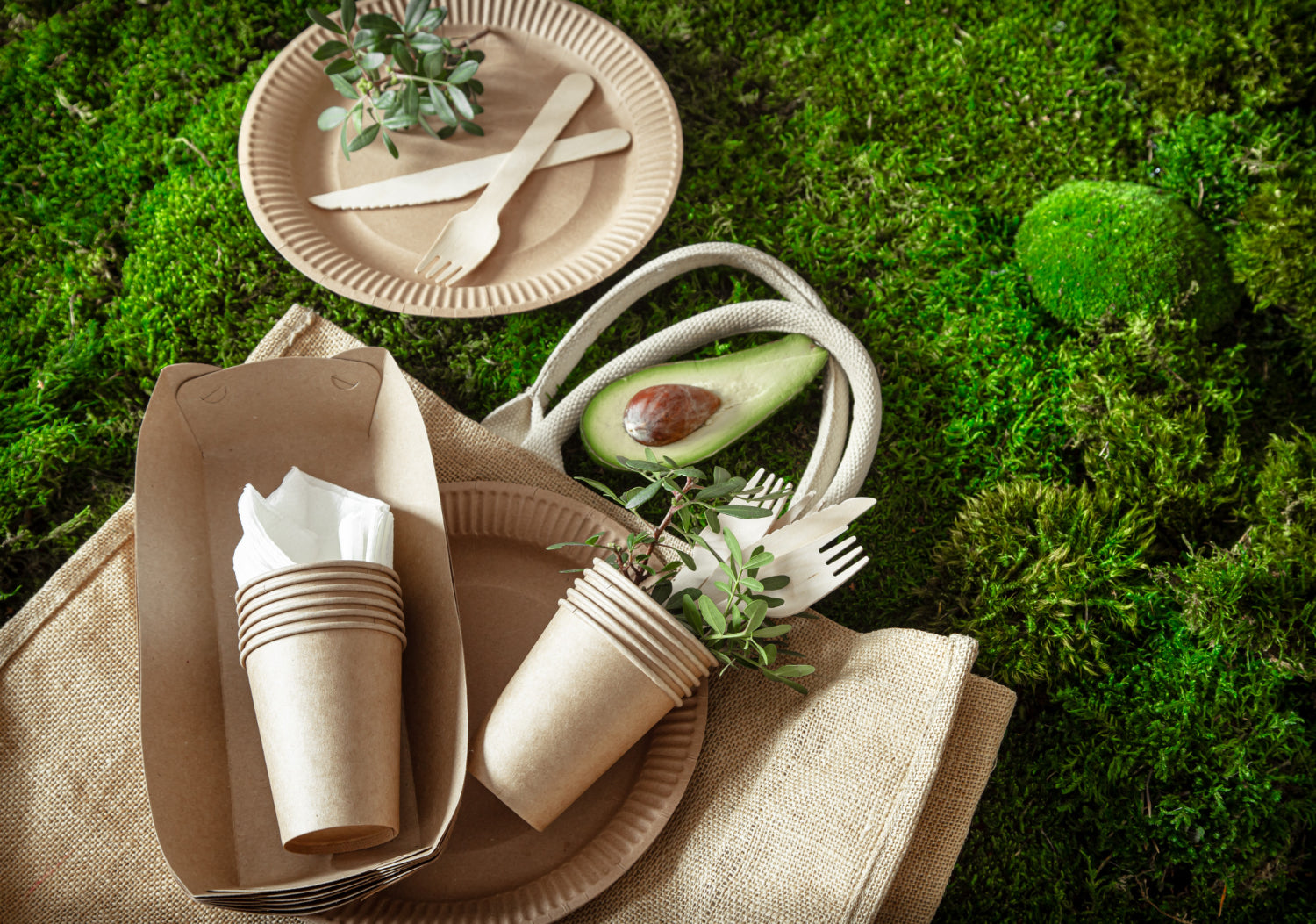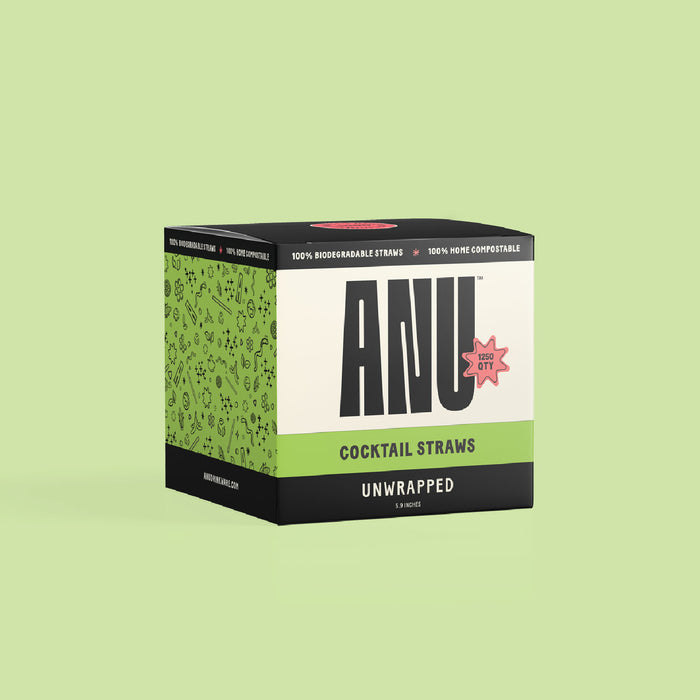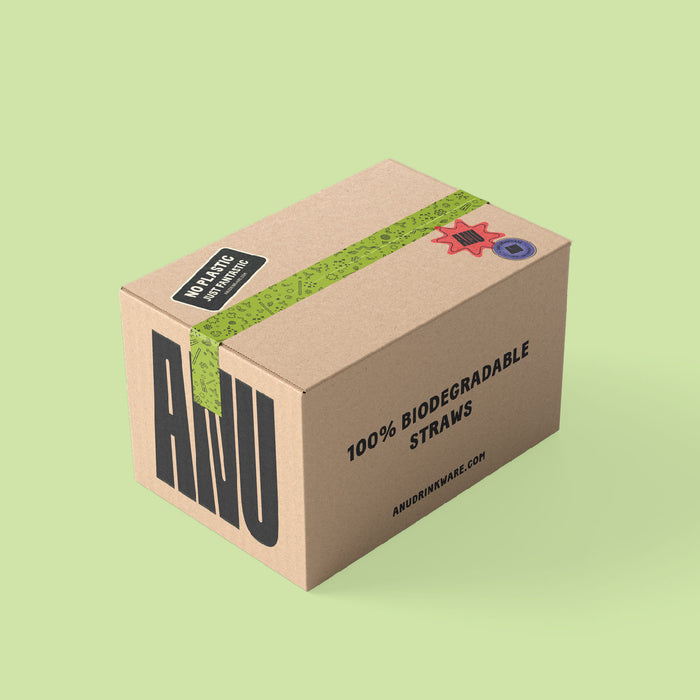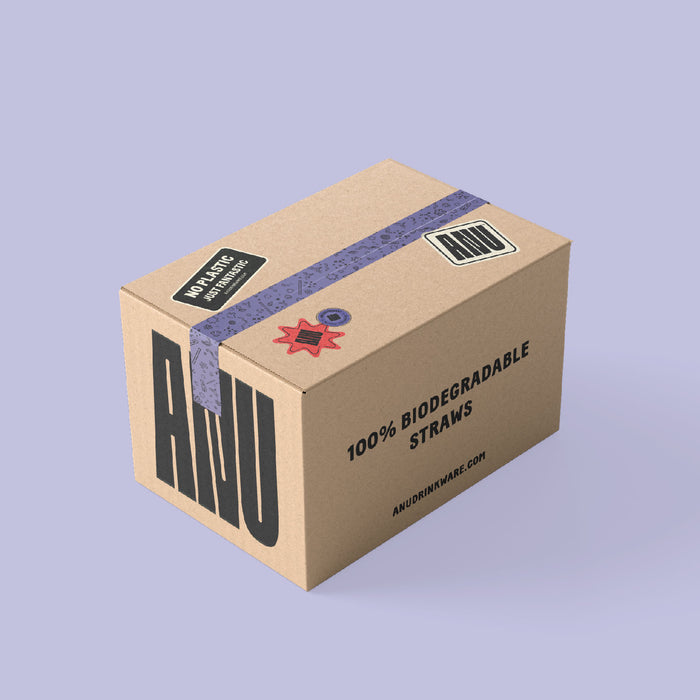

Understanding Biodegradability: A Simple Guide
Understanding biodegradability is essential in our quest for a cleaner, greener planet. Biodegradable products are made to break down naturally, leaving no harmful residues behind. This process greatly reduces waste and the strain on our environment.
But what does it really mean for something to be biodegradable, and how does it differ from other eco-friendly terms like compostable or recyclable? Let's explore how embracing biodegradability can lead to a positive impact on our planet while making life easier and more convenient for busy individuals like you.
What Is Biodegradability?
Biodegradability means that a material can be broken down by natural processes, usually by microorganisms like bacteria and fungi. This breakdown process turns the material into natural substances like water, carbon dioxide, and compost. When something is biodegradable, it means it won't stick around in the environment for a long time, piling up in landfills or polluting our oceans.
Biodegradability is different from compostability and recyclability. Compostable items break down completely under composting conditions and turn into humus, which enriches the soil. For example, a compostable cocktail straw will decompose in a compost pile and add nutrients back to the earth.
Recyclable items, on the other hand, are processed to make new products. Recycling doesn't mean the material breaks down naturally, but it does keep it from ending up as waste. While all compostable items are biodegradable, not all biodegradable items are compostable or recyclable.
How Does Biodegradation Work?
Biodegradation is a natural process where microorganisms break down materials into smaller components. These microorganisms, like bacteria and fungi, feed on the material and transform it into substances like water, carbon dioxide, and organic matter. The process can happen with different materials, including food scraps, paper, and some bioplastics used for compostable drinkware.
Several factors affect the rate of biodegradation. Temperature is a key factor—microorganisms work faster in warm conditions. This is why compost piles, which generate heat, break down materials quicker. Humidity also matters because microorganisms need moisture to survive and function. Without enough water, the breakdown slows down. The presence of microorganisms is crucial; without bacteria and fungi to do the work, biodegradation can't occur.
Benefits of Biodegradable Products
Using bioderadable products offers numerous environmental advantages. One of the biggest benefits is waste reduction. Traditional plastics can take hundreds of years to break down, filling up landfills and polluting natural habitats. Biodegradable products, like compostable drinkware, break down much faster and turn into harmless substances. This reduces the volume of waste that ends up in landfills and oceans.
Biodegradable products also lower the environmental impact of waste management. Because they decompose naturally, there’s less need for extensive, costly waste treatment processes. Additionally, using biodegradable materials helps save natural resources. Many biodegradable products are made from renewable resources like corn, unlike traditional plastics derived from petroleum.
Switching to these products, such as compostable drinkware, is a small change with a big environmental payoff. Consciously convenient, isn’t it?
How to Choose and Use Biodegradable Products
Choosing the right biodegradable products is easy when you know what to look for. First, check for labels that specify whether the product is biodegradable or compostable. Be careful not to confuse it with recyclable, as these are different processes. Look for items made from renewable resources like corn or sugarcane. These materials are more eco-friendly than petroleum-based plastics.
Using biodegradable products is just as important as choosing them. Proper disposal ensures they break down as intended. For example, compostable cocktail straws should be thrown into the compost bin, not the regular trash. This helps them decompose effectively and contribute to soil health.
Making these small plant-based adjustments can lead to significant environmental improvements and no waste.
Conclusion
Embracing biodegradability not only supports the environment but also promotes a greener economy. As more people choose biodegradable products, the demand increases, encouraging companies to produce more sustainable options. This shift benefits everyone, from local farmers growing the raw materials to consumers enjoying eco-friendly products.
To take a step towards a more sustainable lifestyle, explore the range of sustainable drinkware from Anu Drinkware. By doing so, you’ll make a choice that’s consciously convenient for you and kind to the planet. Order today and start making a difference.


